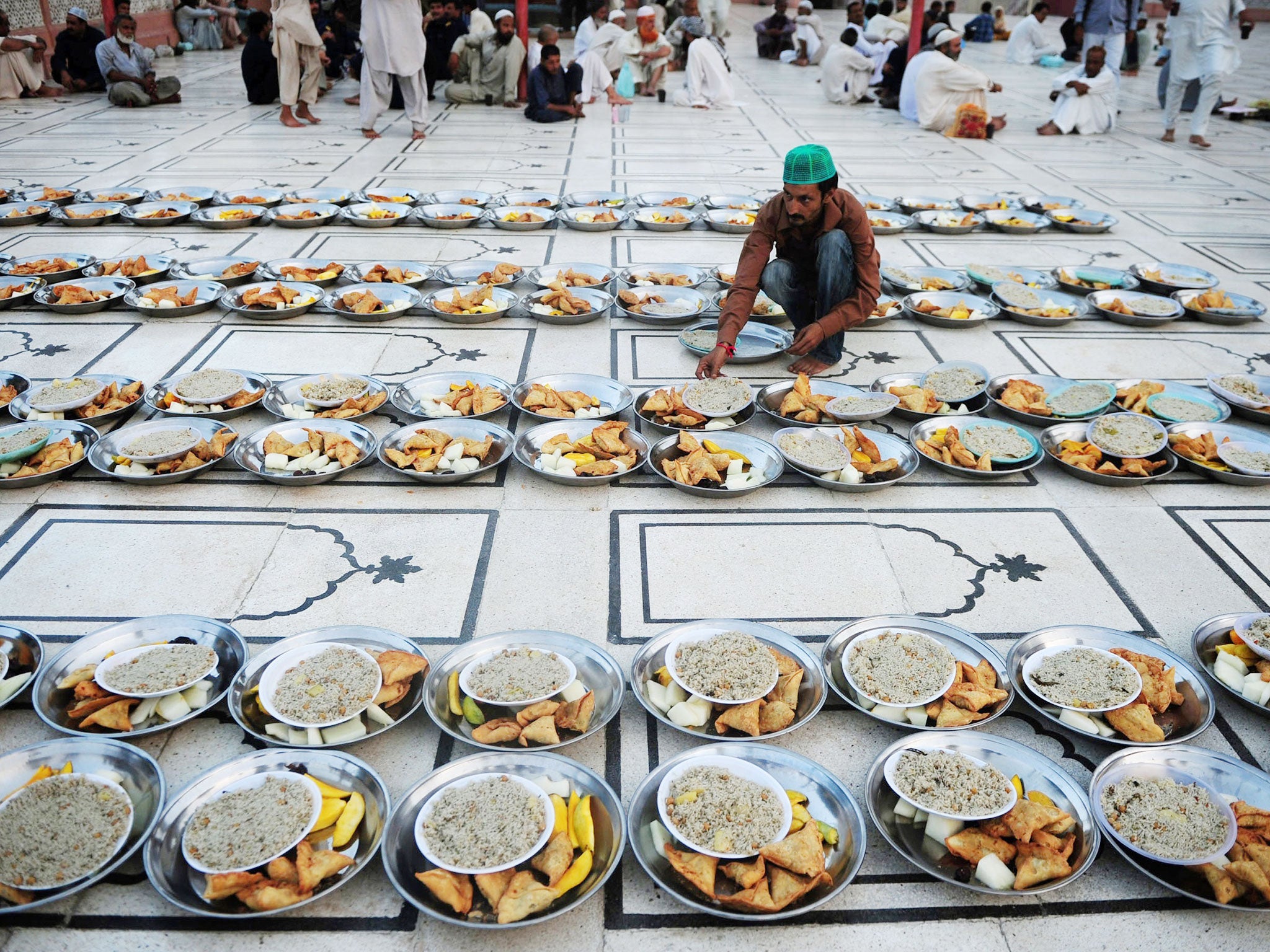Fasting during Ramadan: the health risks for diabetics
Dr Neesha Patel carried out the UK's first study on the experiences of Muslims with diabetes during Ramadan. Here, she answers questions about the practice, and the health implications

What does the act of fasting during Ramadan represent in Islam?
Ramadan is important for practicing Muslims, as it is one of the five pillars of Islam and the month in which the holy Quran was revealed. During Ramadan, Muslim people only eat two meals per day, once before sunrise (sehar) and one after sunset (iftar).
Should all Muslims fast during Ramadan?
The Islamic law states that the ‘sick’ can be exempt from fasting for one or all 30 days and give money to the poor, but some Muslims with diabetes may not perceive themselves as being ‘sick’ and will choose to fast. A tension will often exist among Muslims with diabetes who wish to observe Ramadan in accordance with their faith and the competing need to manage their health. This was evident in my recent research, which was the UK's first study on the beliefs and experiences of Muslims with diabetes during Ramadan.
Are there health benefits to fasting?
Fasting during Ramadan is a spiritual time that is believed to teach morals, self-discipline and a time for reflecting on one’s relationship with Allah and fellow people. Currently there are no national guidelines on the benefits of fasting for people with diabetes but there is some evidence to suggest that fasting may be beneficial to health in the general population.
Are there any health risks?
As Ramadan currently falls in the summer and spring months, and will do for the next eight years, daylight lasts between 17 and 19 hours, thus increasing the number of fasting hours. This poses extreme difficulty for Muslims with diabetes that need to eat and take medication regularly to maintain glyceamic control.
Short-term risks of fasting include poor diabetes control (high or low blood sugars levels) and dehydration.
Long-term risks include mortality, morbidity and reduced quality of life, but this needs further research to assess the size of the problem in the UK.
Some guidelines have been developed by clinicians working in diabetes to help identify patients at high, moderate and low risk with recommendations for education and pre-Ramadan medical assessments for all Muslim patients wishing to fast, in order the reduce the above risks.
What advice would you give to diabetic Muslims?
To contact Diabetes UK as they have produced culturally-sensitive material, in collaboration with the Muslim Council of Britain on managing diabetes safely for people who wish to fast. Diabetes UK also recommend that people discuss fasting with their General Practitioner for practical advice on altering their diet and medications, and to speak to their Imam, as Imams often provide support and guidance in accordance with the Quran.
Dr Neesha Patel is a psychologist at The University of Manchester
For further information visit:
http://onlinelibrary.wiley.com/doi/10.1111/hex.12163/abstract
http://www.diabetes.org.uk/Guide-to-diabetes/Managing-your-diabetes/Ramadan/
http://www.bmj.com/content/340/bmj.c3053?ijkey=RhP6GwQb5TAzfiq&keytype=ref
Join our commenting forum
Join thought-provoking conversations, follow other Independent readers and see their replies
Comments
Bookmark popover
Removed from bookmarks